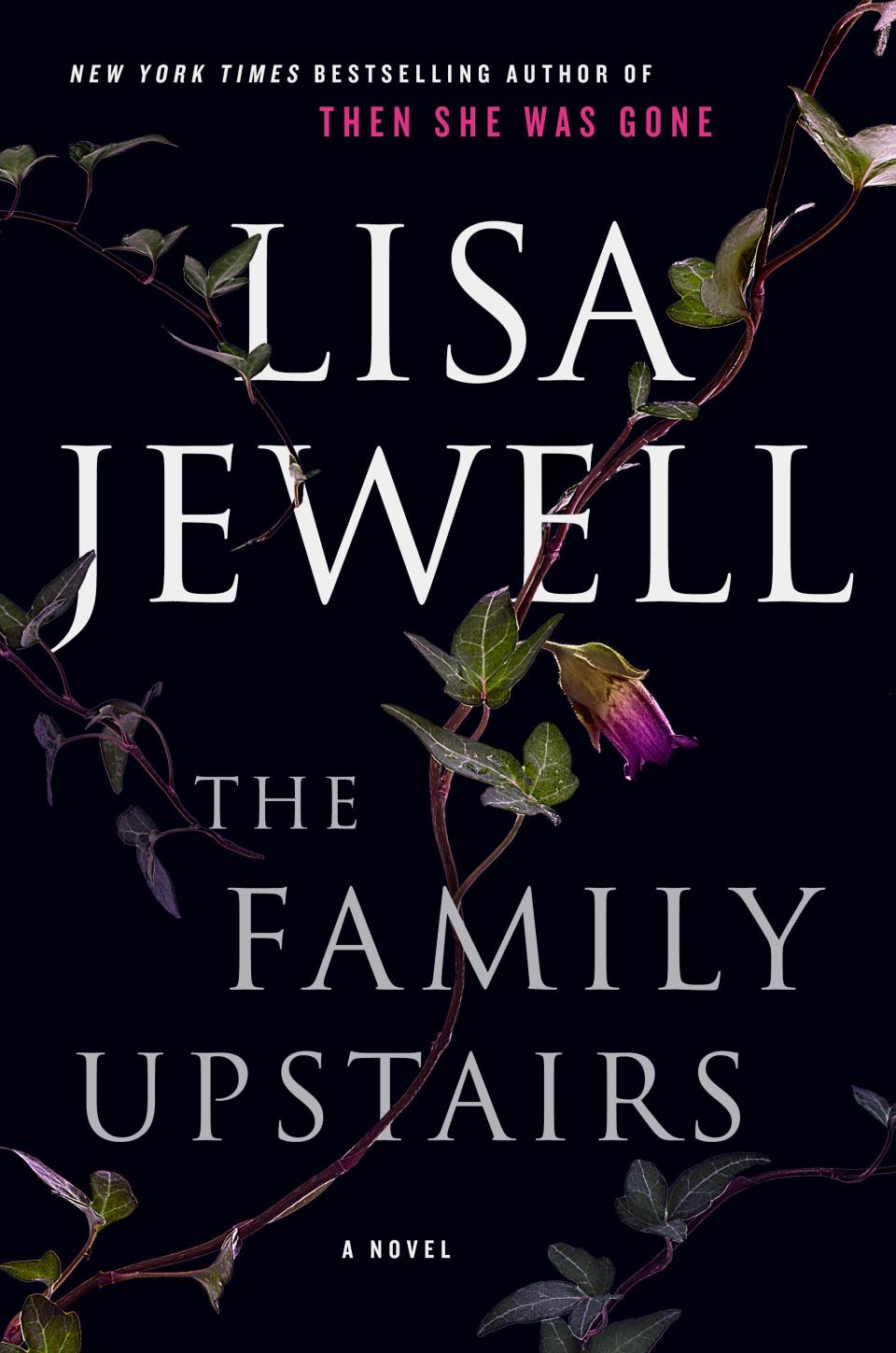Lisa Jewell's suspenseful new novel 'The Family Upstairs' keeps the reader guessing
“The Family Upstairs” (Atria Books, 352 pp., ★★★½ out of four stars) is the story of an inheritance. Not just fiscal, but psychological and emotional. And as with most inheritances, there are strings attached. Author Lisa Jewell manipulates those strings into a fast paced, imaginative tale that keeps the reader guessing right up until the book's final pages.
Libby Jones will finally have answers to the questions she has long been asking: Who is she, and where did she come from? Libby is adopted and has always known this letter would arrive. When it does, not long after her 25th birthday, she opens it expecting not much more than basic information on her birth parents and, possibly, a small inheritance.

What Libby ends up with is a home worth millions of dollars in the fashionable neighborhood of Chelsea in London and a muddled origin story.
Libby discovers – through the solicitor for her birth parents' estate and later with the aid of an intrepid journalist – that as a baby she was discovered as the lone living soul in the home where there appeared to have been a cult-inspired mass suicide. Every answer Libby seems to get only leads to more questions.
More reviews: 'In the Dream House': Carmen Maria Machado powerfully explores trauma of abuse
More: 5 books not to miss: Red Hot Chili Peppers bassist Flea's memoir, 'Little Weirds' by Jenny Slate
Why were the bodies dressed in black? Where were the other children who were reported to have lived in the house? What really happened in that home all those years ago?
This one moment changes Libby's life. But it is the years and moments leading up to Libby's inheritance that make up the creative core of the novel. It seems that it was not only Libby who was waiting for her to receive news of her inheritance. There are others. And what do they want?
The book is told in multiple narratives and from multiple viewpoints. There are Henry and Lucy, each with his and her own mysterious past and connection to the house Libby inherits. They both know Libby, though she does not know them. And they both anticipate the day when Libby accepts her inheritance, allowing them to move on with their lives. Their individual stories and fates are intricately linked to Libby’s.
Often, when authors employ multiple narrators and narratives, one or more may end up being a chore to get through and become more of an obstacle to the main story then an essential part of it. Jewell does an excellent job of making each narrator as intriguing and inventive as Libby. Each character’s story commands the reader’s attention; every storyline is a page-turner up to the book's revelatory conclusion.
While our questions about Libby and her story are answered, Jewell's "The Family Upstairs" begets more questions. But that is what a good book does. It leads to more questions, not about the plot or characters, but about ourselves. What is our backstory? What is our own interpretation of family? And who are the characters we have yet to meet whose stories will inform our own?
This article originally appeared on USA TODAY: Lisa Jewell's 'The Family Upstairs' keeps the reader guessing
